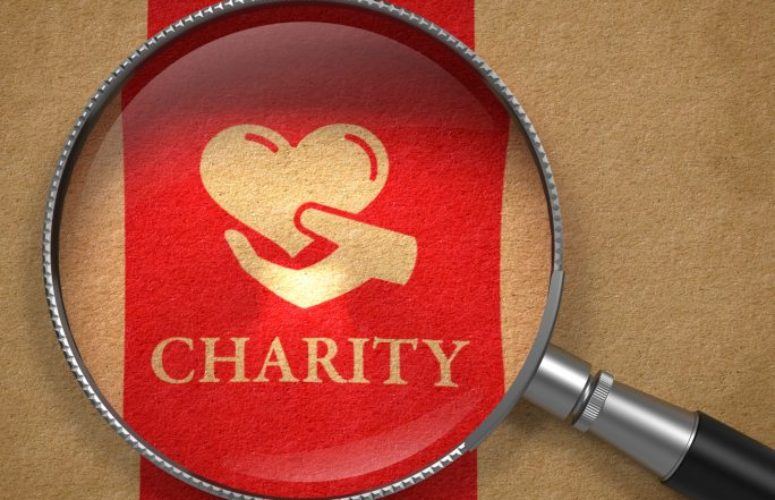
The Effects of Generosity
By George N. Saliba, Managing Editor On Dec 17, 2019Hollywood films, modern video games and other entertainment forms at times glorify theft and greed via interesting plotlines and appealing characters.
Yet both today’s cutting-edge psychology and age-old wisdom generally reveal that while theft and greed may yield short-term gains, these behaviors often result in long-term pain for the greedy – and not merely from a legal perspective.
The exact opposite end of the spectrum – generosity – is the focus of this article, and, once again, research shows a wide range of short- and long-term benefits not only for the “receiver,” but for the person who gives as well.
Generosity, altruism, prosocial behavior (however one terms its various iterations) is present in a diverse array of living beings ranging from birds and bees to chimpanzees to … humans.
It might manifest itself as a freely chosen, unselfish ambition to aid another human or animal.
Without respect to givers’ precise motives, the longstanding website Charity Navigator notes that in the United States “total giving to charitable organizations was $410.02 billion in 2017 (2.1% of GDP). This is an increase of 5.2% in current dollars and 3.0% in inflation-adjusted dollars from 2016.” The website adds that “giving has increased in current dollars every year since 1977, with the exception of three years that saw declines: 1987, 2008 and 2009.”
Yet generosity is not limited to charities or even formal volunteering. It may include, for example, cooking a meal for a neighbor or friend, or helping someone in another small way.
A white paper prepared for the John Templeton Foundation (by the Greater Good Science Center at UC Berkeley) and authored by Summer Allen, Ph.D., is titled “The Science of Generosity.”
Allen, in part, details the physical health, longevity and psychological health/well-being benefits of giving and volunteering.
Allen writes, “There is an extensive and growing body of evidence suggesting that acts of generosity are associated with reduced psychological problems and greater subjective well-being, which is a person’s emotional and cognitive sense of the quality of their life.”
Within the specific realm of happiness, Allen notes, “While popular culture may imply that happiness comes from focusing on yourself, research suggests the opposite: Being generous can make you happier.”
She even cites a study revealing that toddlers were happier when they gave treats to a toy puppet, even when these treats came from their own food bowls.
And it’s not merely psychologists who extol the benefits of generosity, but rather many religions, philosophers, and even so-called new age writers – the specific works of which are available to anyone with internet access.
Generosity has, in fact, been part of the human landscape since the earliest hominoids roamed the Iberian Pennisula.
Incidentally, if people are pressured or forced to give, it no longer is giving, but they instead arguably become victims of ill-will or theft.
Similarly, if we are forced to volunteer, we would at the very least be engaged in involuntary servitude.
Therefore, if we freely choose to do so, this Holiday Season might provide each of us with an opportunity to not only receive gifts, but also experience being generous, “especially toward the poor,” to quote the late Vietnamese Buddist monk Thich Nhat Hanh.
At the risk of sounding overly sentimental … we might just lose ourselves in a cycle of unselfish affection.
To access more business news, visit NJB News Now.



